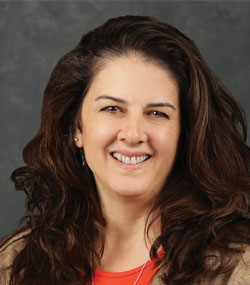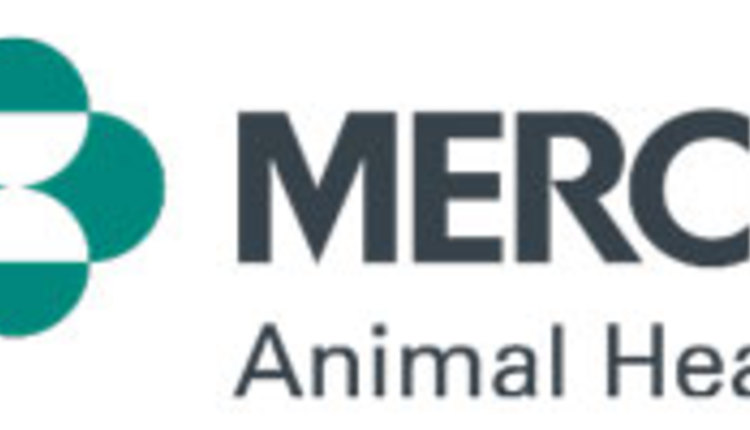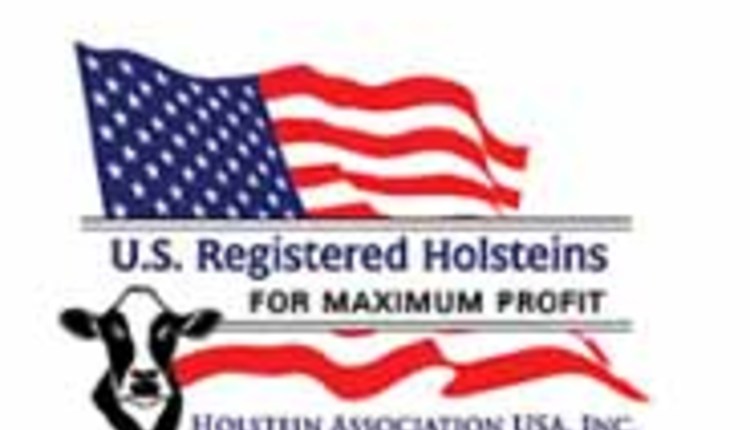
One of my most treasured childhood pastimes was to dress up the newest litter of kittens in baby clothes. I certainly did not need a collection of baby dolls when I had living, breathing, responsive kittens to lug around the farm. The entire time, it was quite natural for me to talk to them in pretend conversations.
Although I have given up on pretending in that capacity, I must confess that, yes, I talk to my cows and calves like they can totally understand me. I don’t look at this as a sickness; it is just something that comes naturally as an animal caretaker.
In all my years of talking to my cows, calves, and kittens, they never talked back. And to be honest, one of the benefits of talking to animals is just that — they do not talk back. They do not argue, whine, complain, or yell at me.
Considering all that, they still manage to communicate effectively without using words. Our cows quickly let us know that we are late, especially as it relates to their feed or their milking schedule.
There is absolutely zero listening happening when the calves know that milk is on the way. Their little bawls do not stop until they have bottles in front of them. The good news: If the bottle is stuck in the holder, or if a calf was accidentally skipped, it is not long until we are made aware. They do not speak words that we understand, but they can easily let us know their dilemma and get the attention they need.
We can tell by the type of “moo” whether our animals are happy or stressed. Like the time I was woke at 2 a.m. by a stress call from a heifer who maneuvered its head into a difficult place. Communication works easily like that sometimes.
Honestly, I will admit that the words I speak are not always candy-coated sweetness. There are times that feeding a calf can be frustrating, and they want to do anything other than cooperate. In times like that, it is good they cannot understand what I am calling them.
Like the time we had a group of heifers and a mischievous bull running through our neighbor’s yard. Destroying the playset was totally unnecessary, and that bull was called a few names. For the record, that bull never answered me, it just ran to the front yard and tried its talents out on a tree. “Well go ahead and see how that works out for you, you boneheaded dumbbell.” That is the best I could do with a 3-year-old and his mom watching from their front door.
Fuel Up To Play 60 (FUTP60) is an in-school program that encourages kids to “fuel up” with healthy eating and play for 60 minutes a day. It is a partnership between dairy farmers, the National Dairy Council, and the National Football League (NFL). Every summer they host a four-day summit for kids who have attained certain goals and have been awarded grants. This year, the FUTP60 Summit brought in more than 250 students from 45 different states for a heartfelt and energetic summit that focused on dairy-centric healthy eating and physical exercise.
For the second year in a row, we had a session called “Ask a Farmer” in which the kids could text in questions about dairy farming. The farmers attending the summit gather in a room to collectively answer the questions. There were a lot of questions this year, and it took us quite a while to get through the list. As with last year, it was time well spent.
One particular question made me chuckle. “If your cows could talk, what would they say?” All of us agreed, if our cows could verbally talk to us, we would all love to hear them say, “Thank you for caring.”
Cows talking is an interesting twist to cow communication, and just to see if I could figure it out, I walked through the barn when I got home. Although there was not any verbal recognition, I am pretty certain they said:
“Hey, get out of my way.”
“Where’s my fresh feed?”
“Milk me! Milk me! Milk me!”
“Where have you been all week?”
Come to think of it, it is good our cows cannot communicate back to me with words; that would be just one more chore to add to the list. I am more than satisfied with their listening-only mode.
I recently had a friend announce her retirement. She has worked in a major city for many years and has been surrounded by people, their issues, and their chatter day-in and day-out. One of her most anticipated things about retirement is spending more time with her dogs. When asked why, she said, “Dogs don’t talk.”
All the farmers around her got a big chuckle about that. Growing up on a farm and continuing my life being fenced in by cows, I totally get what she was saying. It isn’t that she does not enjoy people; she is lovely to be around. It isn’t that she wants to live a life without people. It’s just sometimes nice to be surrounded by our nonverbal, unconditionally listening animals. I couldn’t agree with her more.
The author and her husband, Duane, own and operate a 550-cow dairy in Cochranville, Pa.










